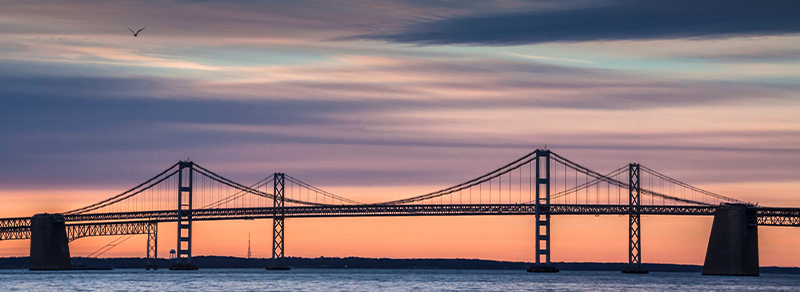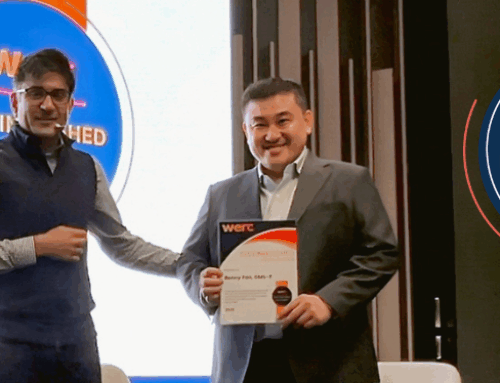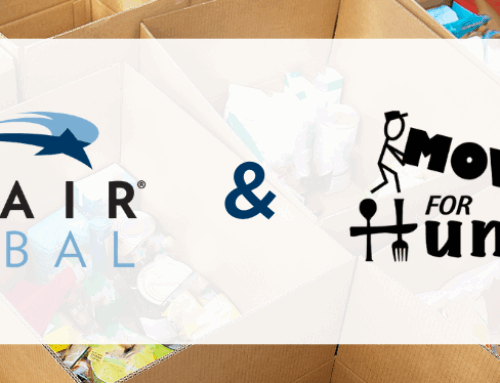
What the Baltimore Key Bridge Collapse Means for Mobility & Supply Chain
Early Tuesday morning on March 26, a Singapore-flagged 985-foot cargo ship named Dali struck a support pillar of the Francis Scott Key Bridge in Baltimore, causing a total collapse. A loss of power/control appears to be the cause of the collision.
How Does This Affect Travel and Mobility Logistics?
With the collapse continuing to block access to the busy Port of Baltimore, it’s expected that the incident could disrupt supply chains and shipping flows across the U.S.
The Port of Baltimore is the 17th busiest port in the U.S. In 2023, more than one million shipments were routed through this port. It is also the largest U.S. port for cars and light trucks, handling import/export volume for over 847,000 vehicles in the same year.
The bridge collapse creates an effective wall between the Port of Baltimore and the Chesapeake Bay, with no alternate route between the port and shipping lanes. An investigation is underway, as are ongoing recovery missions, but it’s unclear how long the collapse debris will continue to block the Patapsco River, which leads to the Port of Baltimore. Furthermore, it’s expected that the investigation will take several months to conclude.
What We Know At This Time:
- Fortunately, no Altair Global shipments were directly impacted by the accident.
- The Port of Baltimore has suspended vessel traffic, but marine terminals are open for trucking traffic. Experts are anticipating that it will take months before port-related operations can resume.
- Incoming vessels have been re-routed to nearby ports in New York, New Jersey, and Virginia. The sudden increase in volume may strain overall operations.
- Potential impacts include the possibility of:
- Shipments in transit to and from North America seeing delays due to route changes.
- Increased wait time charges when the port re-opens due to congestion.
- Diversion charges if the inbound vessel route changes.
- Wait time charges due to alternate port congestion.
- A shift of traffic to the West Coast ports from the Far East.
Altair Global will continue to monitor this evolving situation and provide updates (including potential transit delays and additional costs) as they become available. Please reach out to your Altair Global representative or contact us at [email protected] with any questions.
Share This Story, Choose Your Platform!
Early Tuesday morning on March 26, a Singapore-flagged 985-foot cargo ship named Dali struck a support pillar of the Francis Scott Key Bridge in Baltimore, causing a total collapse. A loss of power/control appears to be the cause of the collision.
How Does This Affect Travel and Mobility Logistics?
With the collapse continuing to block access to the busy Port of Baltimore, it’s expected that the incident could disrupt supply chains and shipping flows across the U.S.
The Port of Baltimore is the 17th busiest port in the U.S. In 2023, more than one million shipments were routed through this port. It is also the largest U.S. port for cars and light trucks, handling import/export volume for over 847,000 vehicles in the same year.
The bridge collapse creates an effective wall between the Port of Baltimore and the Chesapeake Bay, with no alternate route between the port and shipping lanes. An investigation is underway, as are ongoing recovery missions, but it’s unclear how long the collapse debris will continue to block the Patapsco River, which leads to the Port of Baltimore. Furthermore, it’s expected that the investigation will take several months to conclude.
What We Know At This Time:
- Fortunately, no Altair Global shipments were directly impacted by the accident.
- The Port of Baltimore has suspended vessel traffic, but marine terminals are open for trucking traffic. Experts are anticipating that it will take months before port-related operations can resume.
- Incoming vessels have been re-routed to nearby ports in New York, New Jersey, and Virginia. The sudden increase in volume may strain overall operations.
- Potential impacts include the possibility of:
- Shipments in transit to and from North America seeing delays due to route changes.
- Increased wait time charges when the port re-opens due to congestion.
- Diversion charges if the inbound vessel route changes.
- Wait time charges due to alternate port congestion.
- A shift of traffic to the West Coast ports from the Far East.
Altair Global will continue to monitor this evolving situation and provide updates (including potential transit delays and additional costs) as they become available. Please reach out to your Altair Global representative or contact us at [email protected] with any questions.







